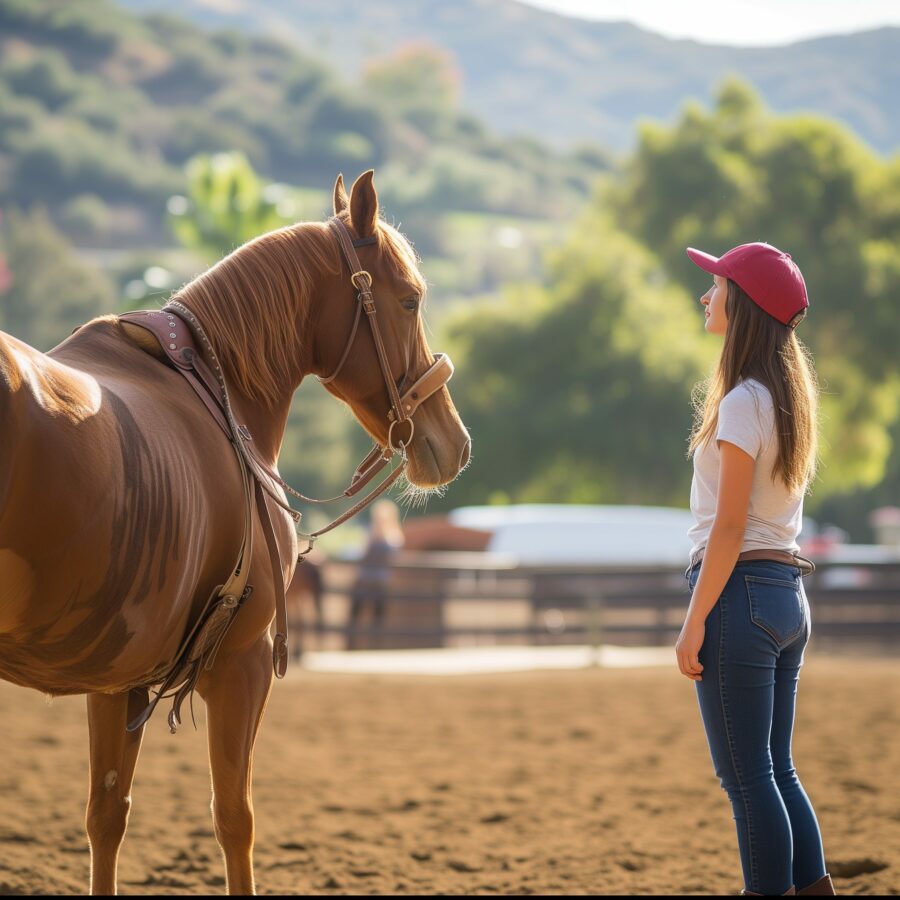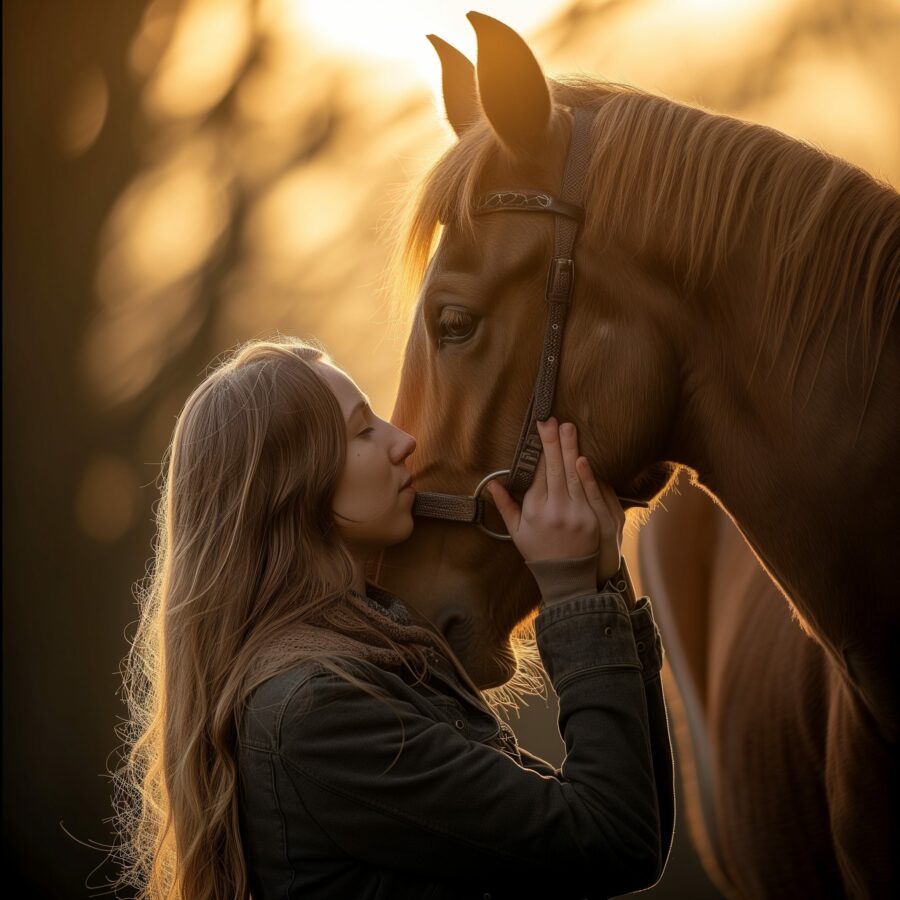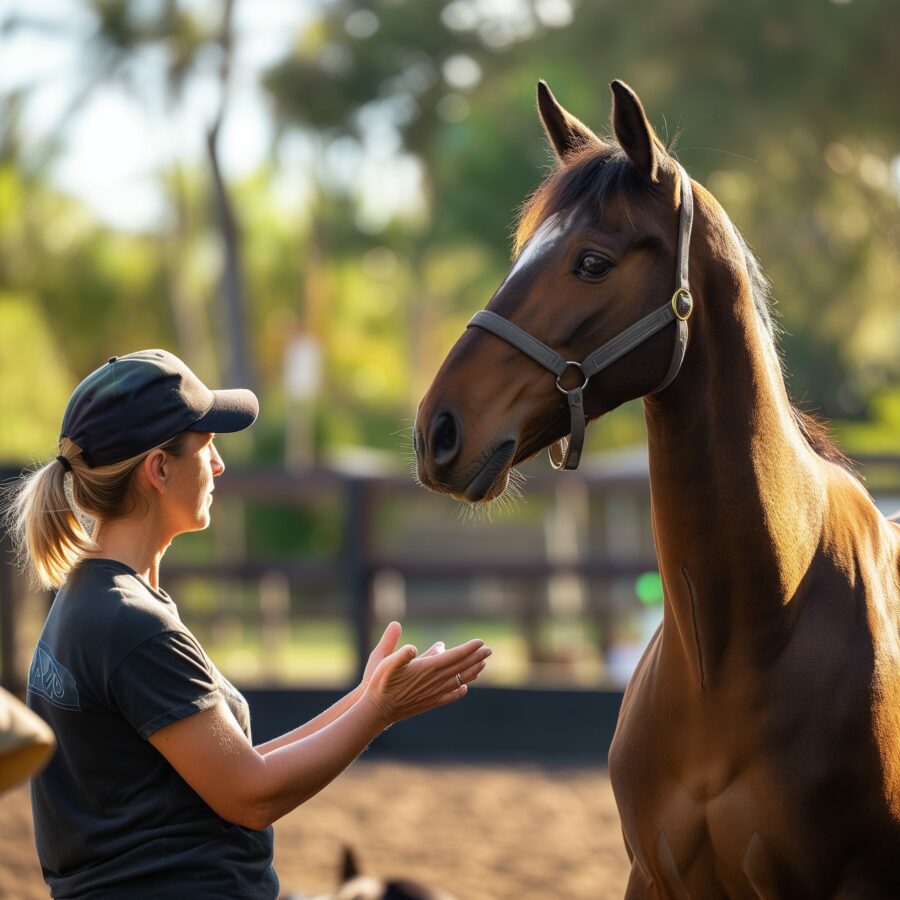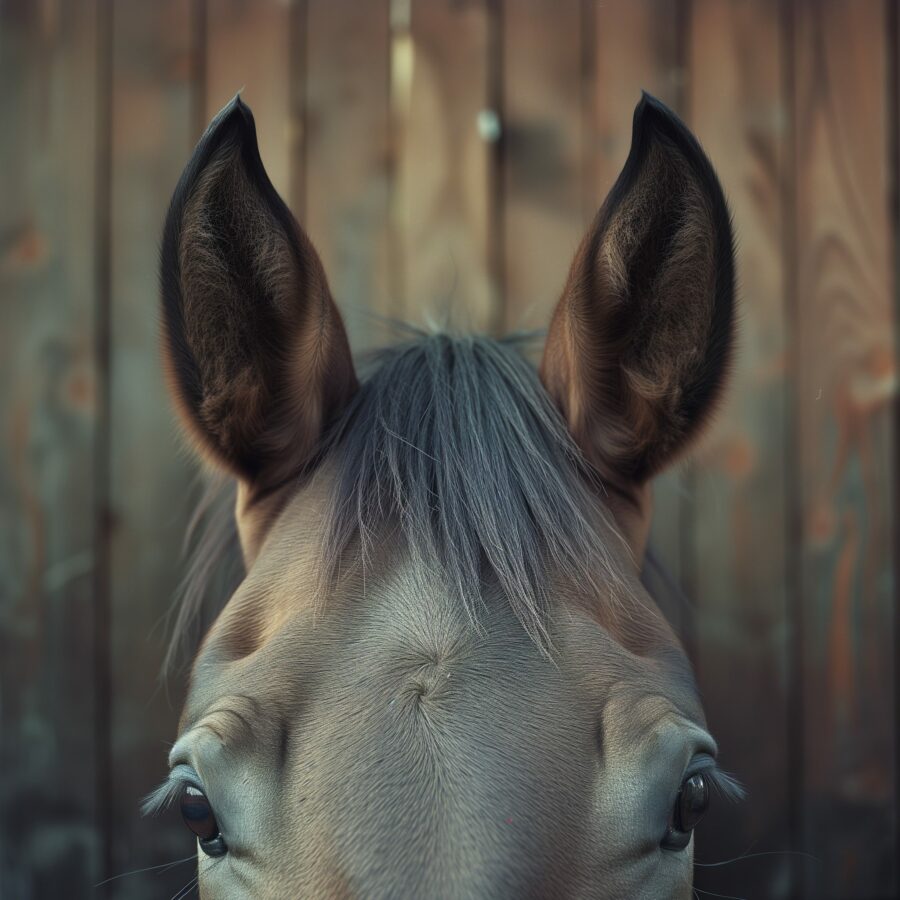Unraveling the mystery behind horse behavior and communication can seem challenging at first glance. But, when you delve deeper into horse psychology, you will find a fascinating world of equine cognition and social dynamics. Drawing from the vast wisdom of horse trainers and enthusiasts, we shed light on understanding the unique and intriguing aspects of horse psychology.
A Glance at Behavioral Training

When training horses, their psychological make up turns out to be a fundamental factor. This is irrespective of the desired behavior – be it performance-based or for recreational pursuits. To comprehend a horse’s mental framework, one strategy involves observing them within their natural settings, carefully noting their responses to various stimuli.
Learning Habits and Strategies

Typically, horses possess diverse learning patterns, with some picking up new skills rapidly, whereas others may require more time and patience. This insight is vital while introducing unfamiliar behaviours and routines to a horse.
Finding the Most Suitable Training Methods

To illustrate, let’s explore some tried and tested training strategies that experts in horse psychology often employ:
- Experimentation: Performing differing training methods to see what suits the individual horse best.
- Excellent Timing: Not rushing the horse into unfamiliar behaviors or routines. Horses flourish when they are guided gently.
- Switching Strategies: If a particular training method is ineffective, an alternative approach or an entirely new tactic is considered.
Horses, like humans, have their own unique personalities, and some can demonstrate a stubborn streak. Flowing with the horse’s temperament rather than against it can lead to a more pleasant and successful training encounter.
Reaping the Rewards of Positive Reinforcement

Delving further into horse psychology reveals why positive reinforcement is a popular training tool. Horses, much like other animals and humans, respond better to encouragement than to negative consequences. The concept of punishment could be confusing to them as they may struggle to associate the discipline with their actions.
Implementing Positive Training

By praising the desired behavior promptly and regularly, the horse clearly understands what is expected of it and is likely to replicate the behavior. The success lies in the precise timing of the reward, which should be given immediately following the desired behavior.
With a deep understanding of horse psychology, working with, and training horses can be both rewarding and deeply enriching. We hope this exploration of equine wonders proves useful to you on your journey of discovery.